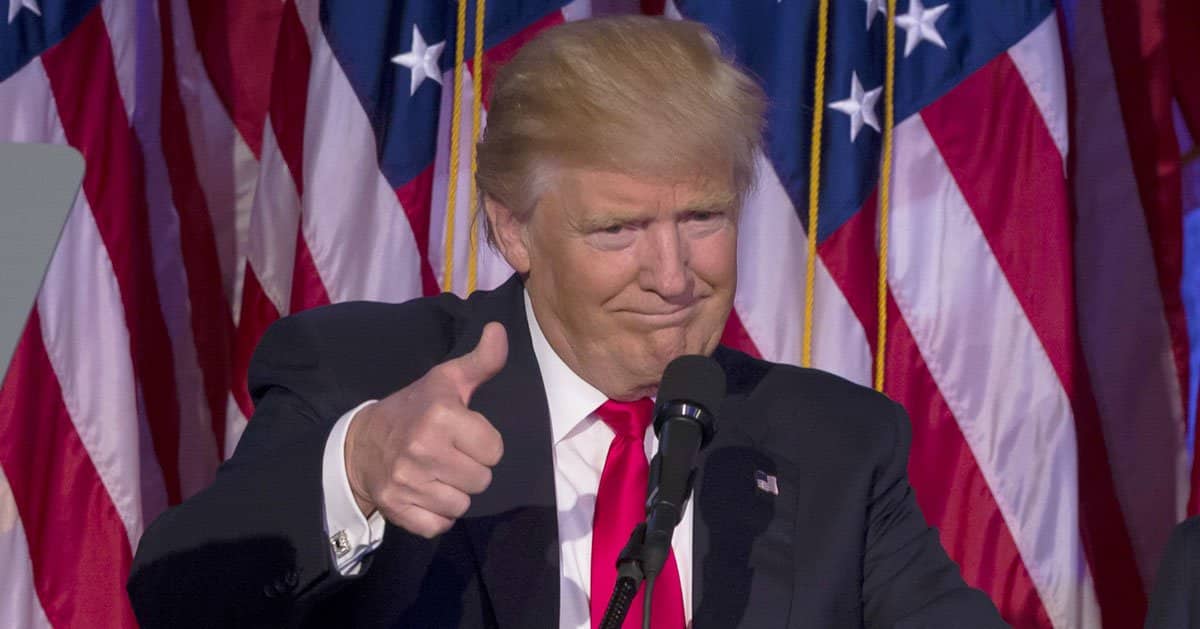








Transportation Secretary Sean Duffy's recent announcement about aviation upgrades in collaboration with Elon Musk has sparked controversy and debate. The initiative, led by the Department of Government Efficiency (DOGE), will address recent safety concerns through significant changes to the aviation system.
This announcement met resistance from former Secretary of State Hillary Clinton, who raised questions about the experience of Duffy's team which Duffy quickly rebuffed according to Fox News.
In recent weeks, there have been tragic incidents, including a collision between a military chopper and a passenger airplane near a Washington airport, along with a medevac crash in Philadelphia, claiming seven lives. Against this backdrop, Duffy introduced the DOGE initiative, emphasizing its role in the air traffic control system overhaul.
Elon Musk, a prominent figure in the tech industry, is at the forefront of DOGE's efforts to pinpoint and eliminate government waste while making essential safety enhancements.
Musk noted the urgency in the context of the Federal Aviation Administration's (FAA) safety notification system malfunctioning for several hours recently. He stressed the necessity of these improvements, especially after such visible failures.
Critics, including Clinton, have expressed skepticism about the capabilities of the DOGE team. Clinton, a veteran politician, questioned the team's ability to deal with aviation safety issues, remarking that many team members lacked relevant experience. Her comments highlighted her concerns about entrusting such responsibilities to relatively inexperienced individuals.
Duffy, however, defended the initiative and the selection of the team behind it. During a public exchange, he argued that entrenched bureaucrats have contributed to the decay of national infrastructure. In response to Clinton, he suggested that her perspective stems from the familiar Washington pathology of over-relying on those deemed experienced.
Meanwhile, Musk received support from some sectors that echoed the need for modernization of the air traffic control system. An anonymous commentator online described the current system as antiquated, advocating for a technology-driven map that allows direct landing paths.
The notion of utilizing advanced technology for air safety is not new, as pointed out by the same anonymous commenter who referenced earlier advancements in navigation technology.
According to them, the development of GPS navigation should have led to automated air traffic systems long ago. This assertion reinforces the argument for innovation and modernization in aviation infrastructure.
Despite the controversy, Duffy seems committed to the initiative, believing it is a step in the right direction for enhancing aviation safety. He remains optimistic about Musk's leadership in the transformation endeavor and emphasizes the backing from the executive arm, especially President Trump.
Musk's confidence in implementing these changes points to a potentially transformative period for the sector. With the urgent need to rectify safety issues following recent failures, the collaboration between DOGE and Musk represents a pivot toward a more efficient system.
The call for an upgraded air traffic system is timely. Safety concerns have mounted due to the vulnerability of existing systems, as evidenced by the FAA's recent notification failures.
The decision to engage DOGE and Musk provides an opportunity to inject innovative solutions into long-standing issues within the aviation sector.
Duffy's announcement also arrives at a critical moment when public confidence in air traffic safety is faltering. Fatal incidents have underscored the need for urgent action. As the debate over DOGE intensifies, the focus remains on preventing further tragedies and ensuring the safety of air travelers.
Public opinion is divided, with some supporting the innovative direction while others remain wary of the team's credentials.
The outcome of this initiative may redefine how aviation safety upgrades are approached, setting a precedent for future governmental collaborations with tech leaders like Musk. These developments come in response to mounting concerns surrounding aviation safety and system reliability.
The recent tragedies have catalyzed a reevaluation of current systems and urgent calls for improvement in safety standards. The willingness to partner with private sector innovators signals a shift in strategy that prioritizes quick and effective solutions.



